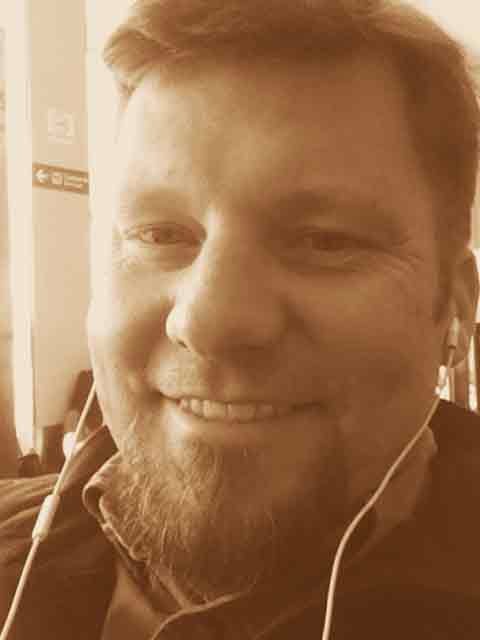 This book! It’s calling me out onto the mat and is kicking my…you know what. The theological connections to my Christian faith are disturbing. Brené Brown, in her most recent book on vulnerability, Rising Strong (2015), writes about the power of our egos to “protect” us, but often keep us from dealing with our real hurts.
This book! It’s calling me out onto the mat and is kicking my…you know what. The theological connections to my Christian faith are disturbing. Brené Brown, in her most recent book on vulnerability, Rising Strong (2015), writes about the power of our egos to “protect” us, but often keep us from dealing with our real hurts.
Brown describes our egos as “that part of us that cares about our status and what people think, … always telling me to compare, prove, please, perfect, outperform, and compete” (62). Ain’t that the truth! Those things can be positive, but they can also be negative. The ego has a purpose: to protect us from harm (emotional, spiritual, and physical). But it can over-function and actually do harm when it causes us to avoid our emotions, burying them so deep that when a sensitive spot is touched we might fly off the handle and can’t explain why—what Brown’s pediatrician husband calls “chandelier pain.” We jump as high as a chandelier when our hurt is touched by seemingly unrelated things like what someone might say or do.
The go helps us fly off the handle at the slightest touch of the more sensitive areas of our feelings and past wounds, deflect and blame others when they get too close, or help us simply shut down or avoid the pain altogether.
Jesus warns us about these things. He challenged his disciples to lean into our suffering by leaning into the suffering, ours and others’. He challenged his disciples to reckon with their emotions when he told them to love with their (our) whole being the God of overpowering grace, hope-filled wisdom, and truth-revealing love. He then told them (us) to love with this ego-checking love from God, just as they (we) are to love themselves (ourselves) with the same. Without this kind of deep, honest, and challenging love we can never hope to grow in our understanding and experience of God, relationships, and life itself.
Without recognizing when our egos are in the driver’s seats of our lives we cannot hope to check it and begin to be curious, as Brown says, about what we’re feeling and why. And without that we can’t realize our deep hope for true connection with God and others—to know and be known, as some theologians and psychologists have suggested.
Another way we avoid pain is busyness, “living so hard and fast that the truth of our lives can’t catch up with us,” as Brown puts it. “We fill every ounce of white space with something so there’s no room or time for emotion to make itself known” (63). This is where sabbath comes into play (I’ve written about sabbath before here, and preached about it many times). Walter Brueggemann and others have written books on it, including his Sabbath as Resistance (2014).
Sabbath forces us to stop, see, reckon, and even rumble (in the words of Brené Brown) with our inner most being. Sabbath is a conscious act of resisting the busyness that so often pulls us away from God, ourselves, and others, and helps us avoid having to deal with the more uncomfortable or even painful parts of ourselves. Sabbath is a journey toward health and wholeness for body, mind and soul.
Have you wondered if there are rumblings going on inside of you that you have been avoiding? Brown invites us to get curious about that: why are you avoiding that feeling or situation? How might you reckon with the uncomfortableness or pain, rumble with it, in order to seek healing and wholeness (“revolution”, Brown calls it). I’m thinking these are good questions to get us thinking about “thankfulness.” These are good questions for me as we enter the season of Advent this weekend, a season of rumbling with the reality of God-with-us and what kind of lives God is inviting us into through Jesus. I’m excited, but, if I’m honest, I’m also scared. God be with me!








